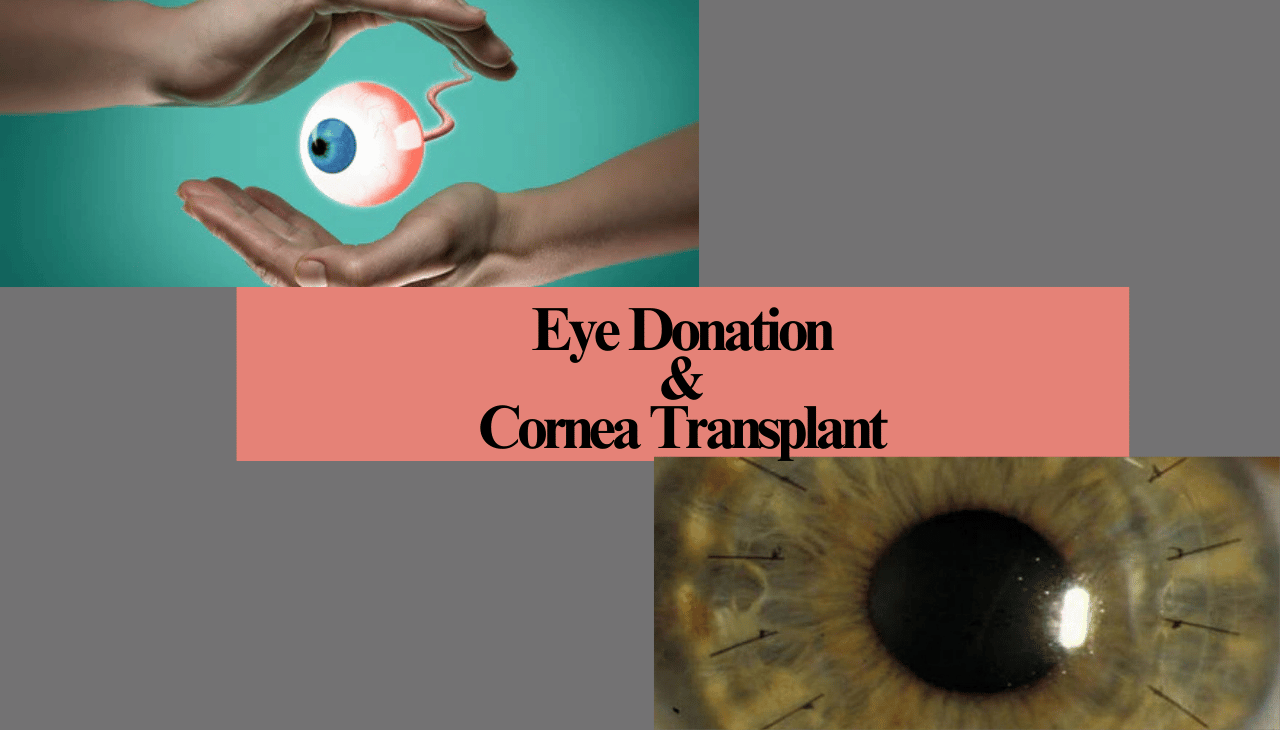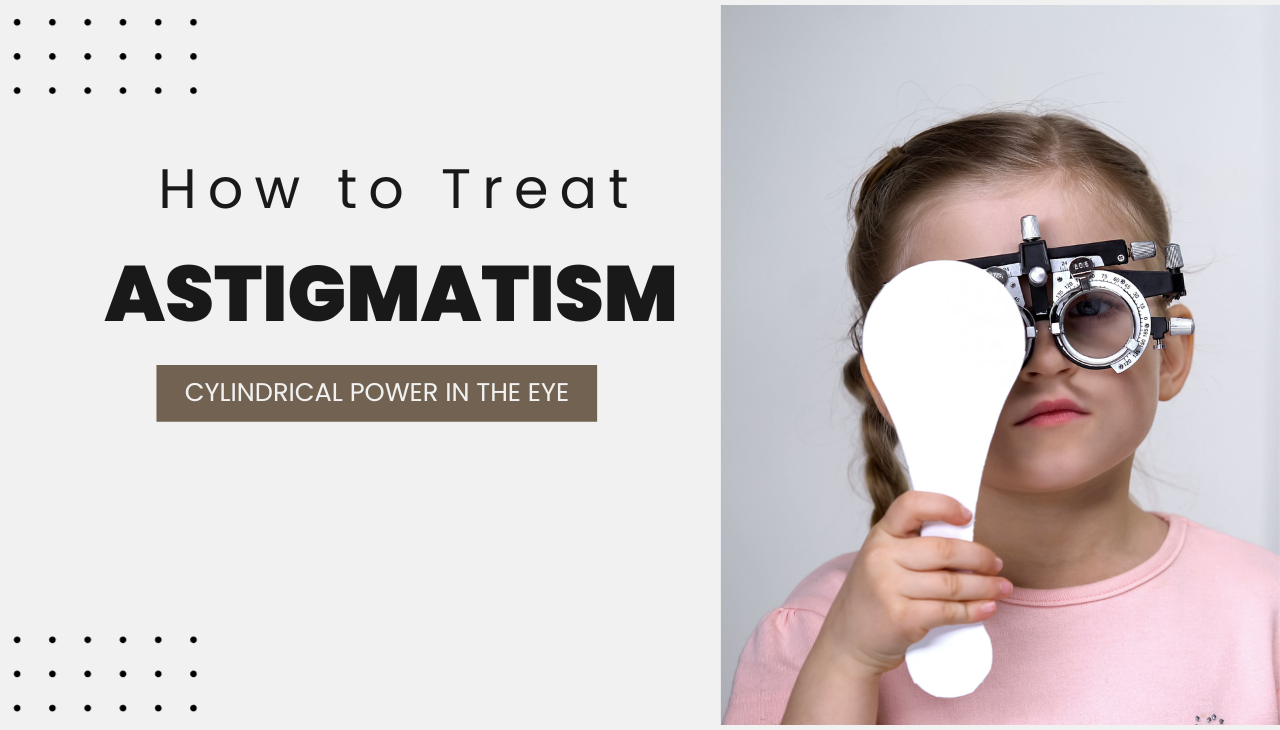Every year, millions of people across the world lose their vision due to corneal blindness. Eye Donation and Cornea Transplant offer hope by restoring sight and transforming lives. Through this powerful journey, a simple act of generosity can give someone a second chance to see the world. In this blog, we’ll explore the importance of Eye Donation and Cornea Transplant, how the process works, common myths, and where you can find trusted care for your eyes.
Understanding Eye Donation
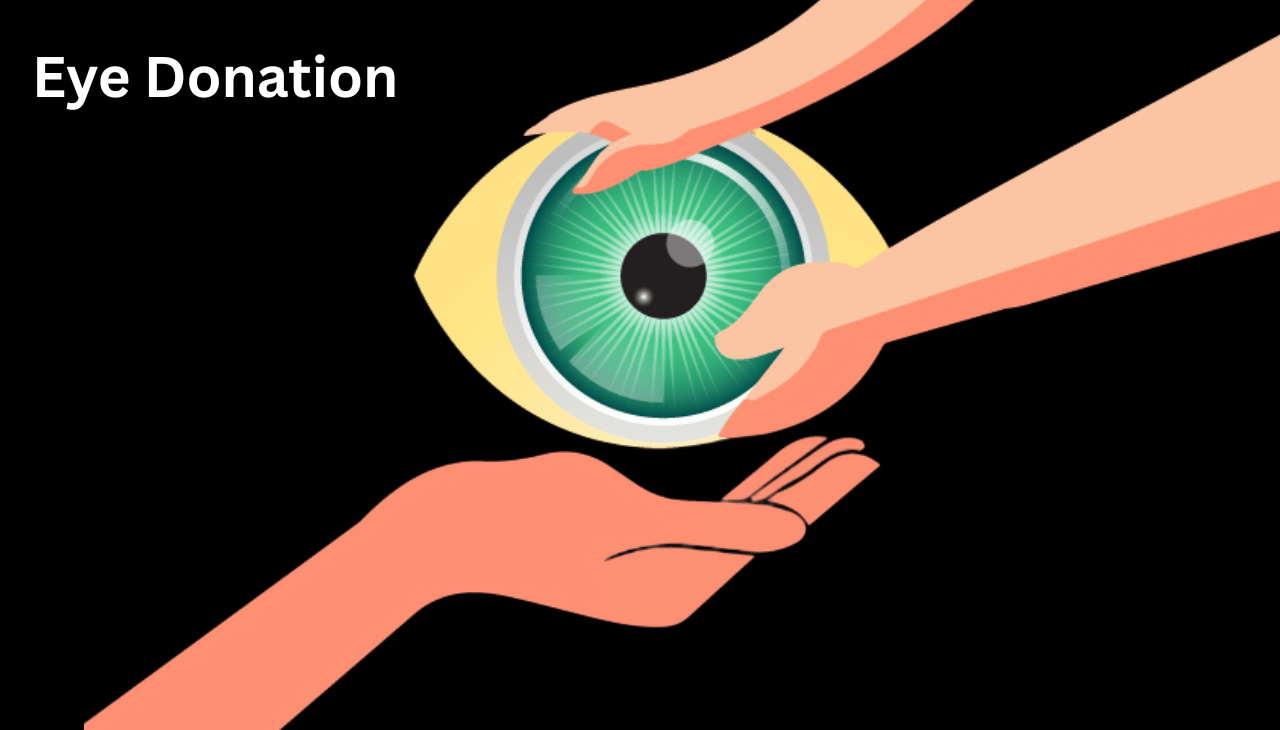
Eye donation refers to the act of donating one’s eyes after death to help restore vision for individuals suffering from corneal blindness. The cornea, the transparent front layer of the eye, plays a crucial role in focusing light for clear vision. Damage or disease affecting the cornea can lead to severe visual impairment or complete blindness. Eye donation ensures that healthy corneas can be transplanted into those in need, offering them the priceless gift of sight.
Why is Eye Donation Important?
- Millions Await Vision: An estimated 12 million people in India suffer from corneal blindness, and many of them can be cured through a corneal transplant.
- No Substitute: The cornea does not have an artificial substitute, making human donation the only hope for patients.
- Simple Yet Life-Changing: Donating eyes is a simple act that can significantly enhance someone’s quality of life.
The Cornea Transplant Journey: From Donation to Vision
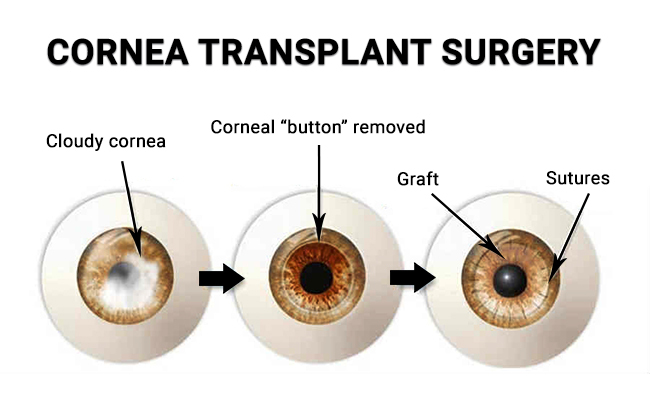
1. Pledging for Eye Donation
Anyone above 18 years of age can pledge their eyes by registering with an eye bank. It’s essential to inform close family members because their consent is necessary at the time of death.
2. Retrieval After Death
After the donor’s death, the nearest eye bank is contacted. A trained medical team retrieves the corneal tissue within 4–6 hours, ensuring dignity and care during the process.
3. Preservation
Doctors preserve the cornea in a special storage medium and thoroughly test it to ensure it is free from any infection or disease.
4. Recipient Selection
Doctors evaluate patients with corneal blindness and identify a matching recipient based on medical urgency and tissue compatibility.
5. Surgery
The surgeon removes the damaged cornea and replaces it with the healthy donor cornea. This delicate procedure usually takes about an hour to complete.
6. Recovery and Vision Restoration
Post-surgery, the patient requires follow-ups, medications, and care to ensure the new cornea heals properly. Gradually, vision starts to improve, and life changes dramatically.
Why Eye Donation Matters
The need for eye donations far exceeds the availability. Here’s why eye donation is crucial:
- Restoring Vision: It helps individuals see again, enhancing their independence and quality of life.
- Improving Mental Health: Sight restoration can reduce depression and anxiety associated with blindness.
- Creating Social Impact: Donors and their families become part of a beautiful legacy that continues to impact society positively.
Myths and Facts About Eye Donation
There are several myths surrounding eye donation. Let’s clear a few of them:
- Myth: Eye donation disfigures the body.
- Fact: The removal is done with utmost care and does not cause disfigurement.
- Fact: The removal is done with utmost care and does not cause disfigurement.
- Myth: Only young people’s eyes can be donated.
- Fact: Eyes from donors of any age can be used, provided they meet medical criteria.
- Fact: Eyes from donors of any age can be used, provided they meet medical criteria.
- Myth: It costs money to donate eyes.
- Fact: Eye donation is completely free and non-commercial.
- Fact: Eye donation is completely free and non-commercial.
Understanding these facts can encourage more people to pledge for eye donation.
Who Can Donate Eyes?
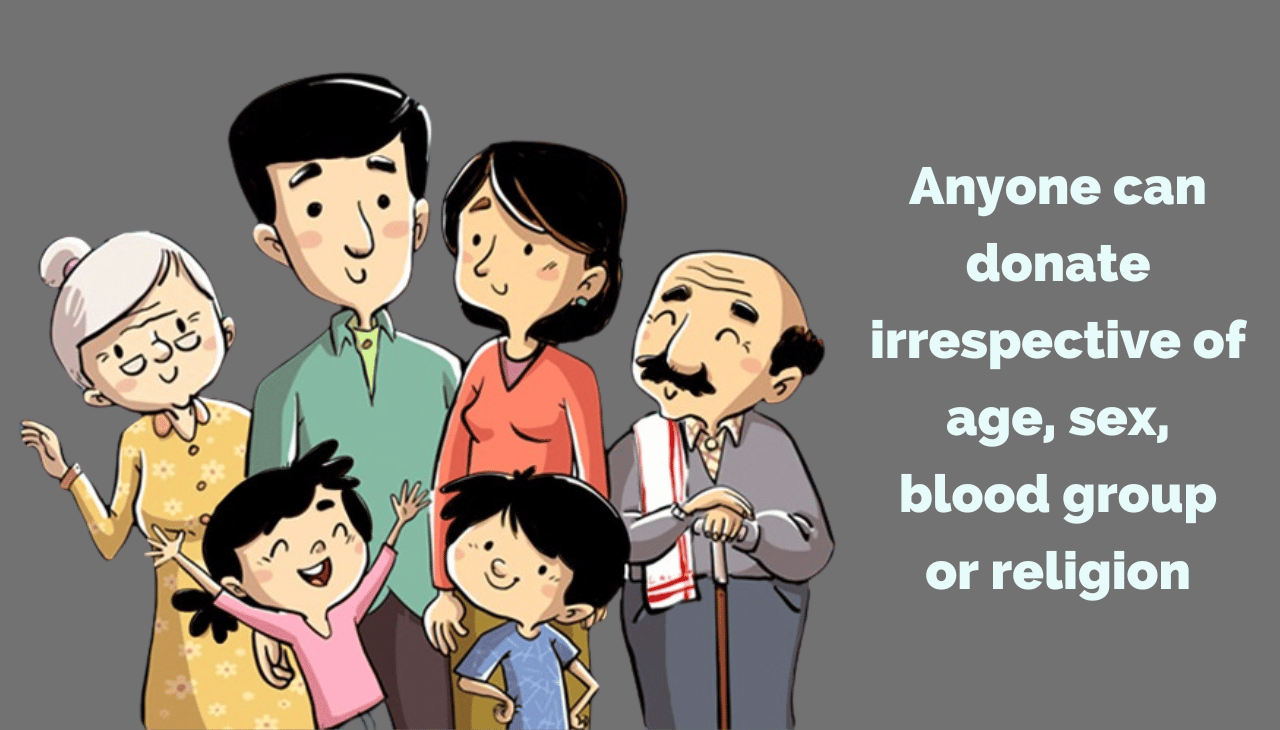
Almost anyone can donate their eyes, regardless of age, blood group, or gender. People with conditions like diabetes or hypertension can also donate. However, individuals with communicable diseases or infections are usually excluded. Families can also consent to eye donation after a loved one’s passing.
Introduction to Consultation at Laxmi Eye Institute
When it comes to trusted eye care, Laxmi Eye Institute stands out as one of the largest and most reputed eye hospital chains in Mumbai. With a legacy spanning over 30 years, it has built a name synonymous with excellence, ethics, and expertise in the field of ophthalmology. Known for its experienced eye doctors, transparency in treatments, and state-of-the-art technology, Laxmi Eye Institute provides comprehensive and affordable eye care under one roof. Thousands across Panvel, Kharghar, Kamothe, and Dombivli trust their services for Cataract, LASIK, Glaucoma, Retina Treatment, and Cornea Clinics.
The Institute also runs one of the longest-standing cataract surgical training programs, offering advanced skills in SICS and Phacoemulsification, and grooms ophthalmologists through specialty fellowships.
Specializations at Laxmi Eye Institute
- Specs Removal / LASIK: Includes Bladeless LASIK, ICL, IPCL, and Contoura Vision LASIK.
- Cataract Treatments: Modern techniques for fast recovery and better outcomes.
- Glaucoma Management: Early diagnosis and effective long-term management.
- Diabetic Eye Care: Monitoring and preventing diabetic retinopathy.
- Cornea Clinic: Treating common corneal diseases, keratoconus management, and promoting eye donation awareness.
- Retina Treatment: Advanced diagnosis and treatment for retinal disorders.
- Pediatric Ophthalmology: Specialized eye care for children.
Consultation Locations and Booking Details
You can consult the experts at any of these Laxmi Eye branches:
- Laxmi Eye Clinic (Dombivli)
1st Floor, Laxmi Eye Institute, SS Business Park, Gharda Circle, Azde Gaon, Tata Power Company Limited, Dombivli East, Mumbai, Maharashtra 421201. - Laxmi Eye Clinic (Kharghar)
Office 108, 109 and 110, 1st Floor, Anant CHS Plot 31, Sector 04, Kharghar, Navi Mumbai, Maharashtra 410210. - Laxmi Eye Hospital & Institute (Panvel)
Mulla Hamid Rd, Old Panvel, Panvel, Navi Mumbai, Maharashtra 410206. - Laxmi Eye Institute (Kamothe)
Shop No 26/27, Near ICICI Bank, Kamothe, Navi Mumbai, Pratik Gardens, Plot No 153 to 165, Sector 34, Maharashtra 410209.
For appointments, you can directly visit the nearest clinic or call their helpline through their official website for a hassle-free consultation booking.
FAQs on Eye Donation and Cornea Transplants
Q1. Can I choose who receives my donated eyes?
A1. Eye banks distribute donations based on medical urgency and compatibility.
Q2. How soon after death must eyes be donated?
A2. Ideally within 4–6 hours to ensure the corneal tissue remains viable.
Q3. Will my family be charged for donating my eyes?
A3. Absolutely not. Eye donation is free and voluntary.
Q4. Is there an age limit for eye donation?
A4. No, people of any age can donate, although the quality of the cornea is assessed before transplantation.
Q5. Can people with poor eyesight donate?
A5. Yes, vision quality does not affect the ability to donate corneas.
Q6. Is there a religious restriction on eye donation?
A6. No, most major religions support eye and organ donation as a charitable act.
Q7. How long does a cornea transplant last?
A7. Many corneal transplants last for over 10 years or more with proper care.
Conclusion
Eye donation is a simple yet profoundly impactful act that brings light into the lives of those living in darkness. The journey from eye donation to vision restoration through cornea transplant is a testament to the miracles possible through human generosity. If you or your loved ones are seeking world-class eye care, Laxmi Eye Institute provides expert consultations and treatments across Mumbai’s key locations. Together, let’s spread awareness, encourage more donors, and help bring vision to those in need.

